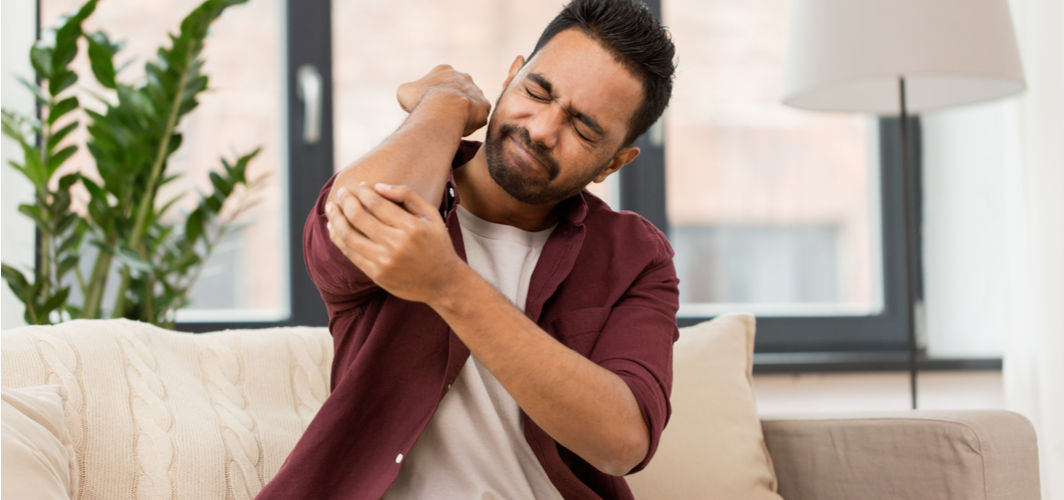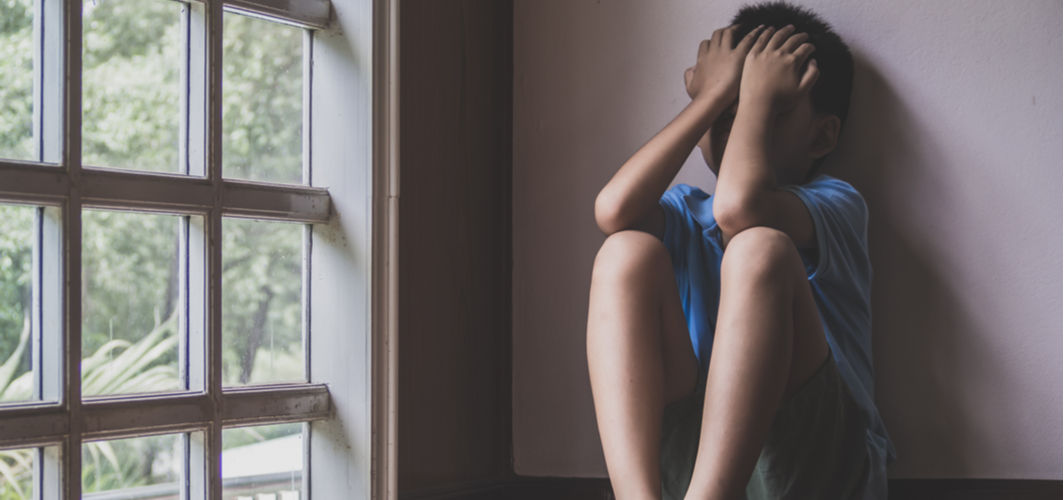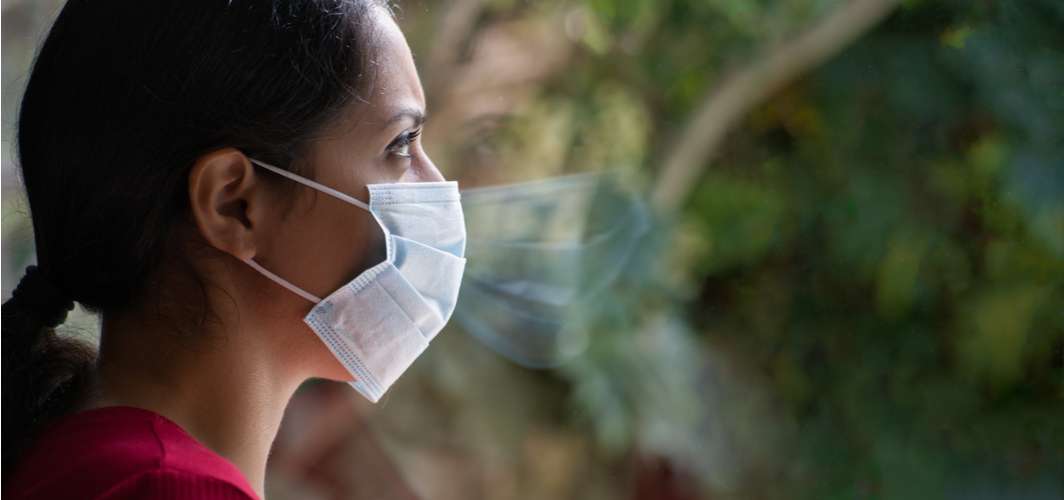Coronavirus Updates
Unlock 1.0: How organizations can make workplaces safe again for their employees
5 min read
By Apollo 24/7, Published on - 23 June 2020, Updated on - 18 October 2022
Share this article
1
4 likes

With the announcement of Unlock 1.0 by the Indian government, many businesses and organizations have reopened their offices. It is quite normal for employees to be hesitant and anxious about resuming work from their offices amid the COVID-19 pandemic. Hence, organizations now have the responsibility of making the workplaces safe to ease the concerns of their employees. One thing to remember is that combined efforts of both organizations, as well as employees, are required to make the workplace safe.
In this article, we will look at how organizations can make workplaces safe for employees returning to work post lockdown.
How Coronavirus can spread in workplaces
Surfaces at the workplace such as desks, telephones, tables, computers, etc. are likely to get contaminated with the droplets of a COVID-19 affected person. These droplets of infected fluid may land on objects when they cough or sneeze. Healthy individuals may get infected when they touch these contaminated surfaces and then touch their mouth, nose, or eyes.
People can also get infected with the COVID-19 virus if they inhale the droplets exhaled by infected people within a 1-metre distance.
Hence, wearing masks, frequent handwashing and social distancing at the workplace have been recommended to curb the spread of the Coronavirus.
What can organizations do to ensure safe workplaces?
Cleanliness and hygiene in the workplace should be at the forefront for organizations to ensure the safety of their employees against the Coronavirus. Some of the ways to prevent the spread of infection at the workplace, as suggested by the World Health Organization (WHO) and other healthcare regulatory bodies, have been given below:
- Open up every area of the building and ensure that all areas are disinfected properly.
- Hand sanitizers should be placed at appropriate locations around the workplace.
- Disinfect all work stations, desks, lifts, corners, staircases, chair handles, door knobs, electrical switch points, etc., as such surfaces are likely to be contaminated and spread the Coronavirus infection.
- Promote frequent handwashing among employees, customers, and contractors using display posters, and other mediums.
- Air conditioning systems including lift fans should be cleaned regularly.
- Re-organize office spaces including waiting areas and cafeterias keeping social distancing in mind. It is a good idea to distance out sofas/seats/chairs and block them with neat labels.
- Thermal guns should be available for checking the temperatures of all the people entering the office. The security and should be educated on how to use them.
- Paper tissues or face masks should be made available for all. Ensure that employees use and dispose of masks/tissues carefully, especially those who develop a runny nose or cough at work. Closed bins should also be made available for hygienic disposal of the tissues and face masks.
- Re-evaluate the biometric systems and find alternatives, if possible.
- Drinking water facilities should have disposable cups.
- Employees should be advised to carry their own water bottles and tea/coffee mugs. These tea/coffee mugs should be cleaned by the employees themselves.
- Dustbins, particularly the ones in lunch areas and washrooms, should be covered.
- Kitchens, pantries, etc. should maintain high standards of hygiene.
- Ensure that there is enough stock of tissues, liquid soap, masks, gloves, disinfectants, etc. in the office.
- Create a small medical facility at the office for employees to approach when they feel unwell.
- Unwell employees should be given a mask and sent home immediately.
- Staff should be educated about the procedures to be followed while at the office and use ‘Namaste’ as a greeting instead of handshakes.
- If feasible, change shift timings by an hour or two to prevent overcrowding in waiting areas, lunch rooms, elevators, etc.
- Promote work from home or teleworking across your organization. This will help keep your business running and at the same time, reduce the risk of infection among employees.
- Formulate a ‘Staff Health Committee’ to monitor the health status of the staff and safety aspects of the organization.
What should organizations do in case of employees who are suspected/infected by Coronavirus
If there is an employee who is suspected or has been confirmed to have been infected by Coronavirus despite following the necessary precautions, organizations should do the following:
- Isolate sick employees – Separate the employee who shows any symptoms after arriving at the office or during work hours. The employee should not have contact with other employees, visitors, or customers and should be sent home as soon as possible.
- Make transport arrangements – Organizations should have the provision of safe transport for employees who fall sick while at work. The employees would need to be transported to either their homes or to a hospital.
- Disinfect the entire area – Disinfect the entire area visited by the sick person and close off any area where they would have been for a prolonged time. Wait for a minimum of 24 hours or as long as possible to clean and disinfect. This will lower the risk of other employees getting infected by the respiratory droplets.
- Determine the exposed employees – Employees who have been in contact with the infected person should be identified and asked to take additional precautions such as working from home for at least 14 days, monitor symptoms, etc.
Employees who suspect that they are infected or have been tested positive for the Coronavirus infection should notify their supervisors and stay at home. They should return to work only after they fulfil the criteria of discontinuing home isolation.
Conclusion
The hesitation of employees to return to work after the lockdown is understandable. Hence, organizations need to doubly ensure that workplaces are ready to battle the pandemic by adhering to the guidelines given above. At the same time, it is also crucial that organizations communicate to their employees the measures taken to maintain cleanliness and hygiene. This will ease the anxiety around getting infected by the Coronavirus.
Coronavirus Updates
Leave Comment
Recommended for you

Coronavirus Updates
Bone Death: More COVID-19 Complications Emerge
After the emergence of mucormycosis, doctors have now found cases of a new condition called bone death or avascular necrosis, in COVID-19 patients.

Coronavirus Updates
Dealing with COVID-19 Triggered Psychological Issues in Children
The COVID-19 pandemic has affected the mental health of children and adolescents indiscriminately, resulting in the onset of several health problems such as anxiety and depression.

Coronavirus Updates
COVID-19 Double Mutant Variant: Should You be Worried?
Most health experts believe that the double mutant variant detected in India is unlikely to be more deadly or more transmissible.
Subscribe
Sign up for our free Health Library Daily Newsletter
Get doctor-approved health tips, news, and more.
Visual Stories

COVID-19 Home Care: Guidelines for Patients and Caregivers
Tap to continue exploring
Recommended for you

Coronavirus Updates
Bone Death: More COVID-19 Complications Emerge
After the emergence of mucormycosis, doctors have now found cases of a new condition called bone death or avascular necrosis, in COVID-19 patients.

Coronavirus Updates
Dealing with COVID-19 Triggered Psychological Issues in Children
The COVID-19 pandemic has affected the mental health of children and adolescents indiscriminately, resulting in the onset of several health problems such as anxiety and depression.

Coronavirus Updates
COVID-19 Double Mutant Variant: Should You be Worried?
Most health experts believe that the double mutant variant detected in India is unlikely to be more deadly or more transmissible.